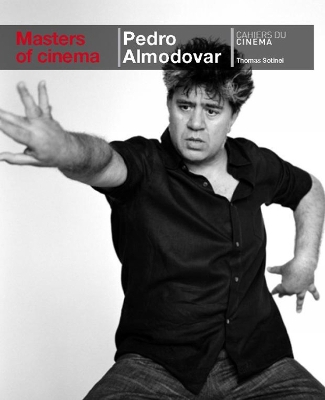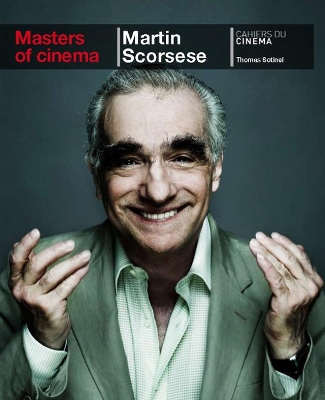Masters of Cinema
2 total works
Pedro Almodóvar (Spain, b. 1951) single-handedly represents the revival of Spanish cinema as part of the cultural flowering of the Movida Madrileña in the 1980s. New York was first to hail the unbridled imagination of this provocative director, whose films are filled with transsexuals, neurotics (Women on the Verge of a Nervous Breakdown, 1988) and even drug-addicted nuns (The Law of Desire, 1987). In his maturity Almodóvar has continued to draw inspiration from his underprivileged childhood in a remote corner of La Mancha, making melodramas bursting with heightened passions expressed by unforgettable actors such as Penelope Cruz (All About My Mother, 1999; Broken Embraces, 2009) and Gael García Bernal (Bad Education, 2004).
Martin Scorsese (USA, b. 1942) is among the most prolific of American directors, having made more than 25 features in a 40-year career that has seen him garner all the highest honours the film world can bestow. Since the success of Taxi Driver in 1976, which also marked the start of his long collaboration with Robert De Niro, he has continued to draw endless inspiration from his Italian-American roots in films such as Goodfellas (1990) and Casino (1995). A cinephile director with a strong spirit of independence, he has managed to combine making blockbusters such as Aviator (2004), The Departed (2006) and Shutter Island (2010) with more personal films on the history of cinema (A Personal Journey with Martin Scorsese Through American Movies, 1995) and music (Bob Dylan, The Rolling Stones). He is also admired and respected throughout the world for the tireless work of his Film Foundation in preserving America’s film heritage.

